how to squeeze the most out of study (while also living your life)
Including special tips for neurodiverse students.
 It’s Erin McLindon’s job to help students navigate the world of tertiary study (she’s a Unit Coordinator and eLearning Advisor for Swinburne Online): breaking down complex ideas, getting people organised, supporting them through tough times. And as someone diagnosed with ADHD, who struggled at uni herself, she’s uniquely qualified for the role.
It’s Erin McLindon’s job to help students navigate the world of tertiary study (she’s a Unit Coordinator and eLearning Advisor for Swinburne Online): breaking down complex ideas, getting people organised, supporting them through tough times. And as someone diagnosed with ADHD, who struggled at uni herself, she’s uniquely qualified for the role. ‘It’s one of the reasons I’m so passionate about adult education,’ she says, ‘I left high school, almost flunking out, and thinking I was dumb. Like it’s a terrible word, but that’s how it felt. It wasn’t until I found my passion for teaching that I realised: I could become the kind of teacher that I needed.’
‘It’s one of the reasons I’m so passionate about adult education,’ she says, ‘I left high school, almost flunking out, and thinking I was dumb. Like it’s a terrible word, but that’s how it felt. It wasn’t until I found my passion for teaching that I realised: I could become the kind of teacher that I needed.’
We asked Erin for some tips about balancing the study grind, and squeezing the most out of your uni experience. LEAN ON YOUR SUPPORT STAFF eLA stands for eLearning Advisor. Support is part of Erin’s job, and she says new students – particularly those who are neurodiverse or anxious about returning to study – should definitely take advantage of the support network at Swinburne Online ‘We break down all those acronyms and complex ideas so students can actually understand what’s going on in the classroom,’ she says. ‘It’s really working with students at the coalface, to motivate and engage them and get them to see life beyond study.’
LEAN ON YOUR SUPPORT STAFF eLA stands for eLearning Advisor. Support is part of Erin’s job, and she says new students – particularly those who are neurodiverse or anxious about returning to study – should definitely take advantage of the support network at Swinburne Online ‘We break down all those acronyms and complex ideas so students can actually understand what’s going on in the classroom,’ she says. ‘It’s really working with students at the coalface, to motivate and engage them and get them to see life beyond study.’
IT’S OK TO BE NERVOUS ‘With new students, the biggest challenge is their sense of apprehension,’ Erin says. ‘Feeling overwhelmed in the beginning, with all the new technology and new people, and they’re usually juggling work and family too.’ Erin says the trick is to break the units down into manageable chunks – don’t worry about learning everything. Focus on what you need to learn this week, this class, this study session. ‘Don’t forget,’ she says, ‘your teachers are approachable. They’re on your team.’ PERFECTION IS THE ENEMY OF GOOD Erin says a lot of students fall into the perfection trap: trying to read every book, learn every fact. But this can be counterproductive. If you want to squeeze the most out of uni, you need to engage with the materials, rather than just consuming them. ‘We work with a lot of students like that,’ she says. ‘They want to read everything, click every link, which is fine. But as an eLA, we need to get them thinking, “What’s the actual focus here? Which bits of information are the most important?”’ In other words, pause. Think. Don’t work hard if you can work smart.
PERFECTION IS THE ENEMY OF GOOD Erin says a lot of students fall into the perfection trap: trying to read every book, learn every fact. But this can be counterproductive. If you want to squeeze the most out of uni, you need to engage with the materials, rather than just consuming them. ‘We work with a lot of students like that,’ she says. ‘They want to read everything, click every link, which is fine. But as an eLA, we need to get them thinking, “What’s the actual focus here? Which bits of information are the most important?”’ In other words, pause. Think. Don’t work hard if you can work smart.
YOUR STRENGTHS MIGHT SURPRISE YOU Erin was diagnosed with ADHD long before her teaching career. But she says being neurodiverse has actually helped her as an eLA. ‘There are a lot of barriers with ADHD, but there are strengths that can work in your favour, too. I find that students are more willing to talk to me about neurodiversity, and it’s made me better at supporting kids who might be struggling.’ Erin took something challenging – her struggles with structured learning – and literally turned them into a career. You can too. INCORPORATE LEARNING INTO YOUR LIFE With Swinburne Online, students can choose their own hours and study whenever they like. But Erin says uni becomes much smoother when you incorporate it into your everyday life. Even in small doses. ‘Go for a walk and listen to the text, or listen to a lecture while cooking dinner. Have discussions with teachers and eLAs outside class. Reach out to people in the field. All of this will help solidify the information – and help with burnout.’ By making learning an ongoing habit, rather than a temporary slog, Erin says you can stay focused on your end goal: a rewarding career.
INCORPORATE LEARNING INTO YOUR LIFE With Swinburne Online, students can choose their own hours and study whenever they like. But Erin says uni becomes much smoother when you incorporate it into your everyday life. Even in small doses. ‘Go for a walk and listen to the text, or listen to a lecture while cooking dinner. Have discussions with teachers and eLAs outside class. Reach out to people in the field. All of this will help solidify the information – and help with burnout.’ By making learning an ongoing habit, rather than a temporary slog, Erin says you can stay focused on your end goal: a rewarding career.
LISTEN TO YOUR BODY As an eLA and Unit Coordinator, part of Erin’s job is helping students figure out how they study best. ‘One learning routine isn’t going to work for all students,’ she says, ‘so we always try to help students find their rhythm, or listen to what their body wants. Sometimes they’ll be able to sit and study for four hours, other times it might be 10 minutes. And that’s okay. We encourage them to listen to that part of them.’ Erin says she always prided herself on giving 110%, but now she tells her students to actually dial things down a bit. ‘I usually say 80% is the sweet spot,’ she laughs, ‘but I’m thinking of taking it down to 75%. Sometimes good enough is good enough.’
These useful tips were brought to you in partnership with our pals at Swinburne Online. If you want to build your skills and career too, check out the range of courses on offer at Swinburne Online including the education courses Erin is involved with.
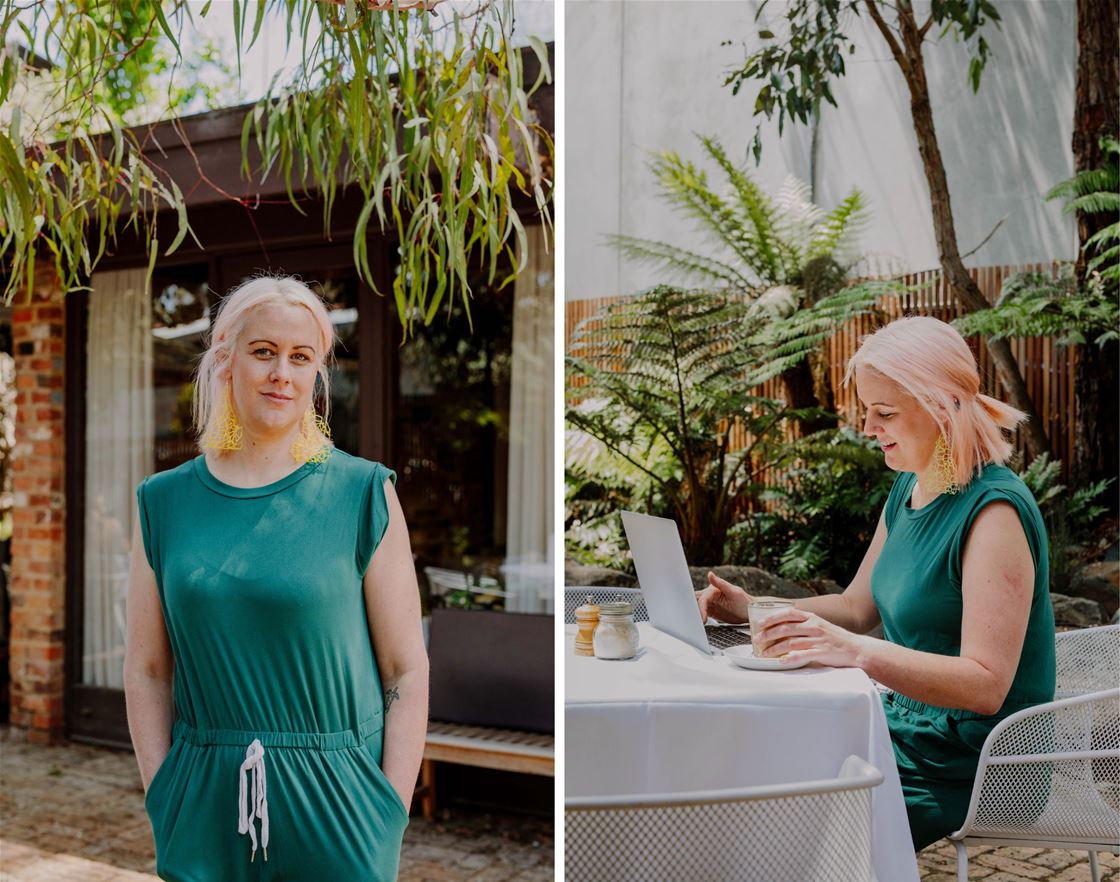


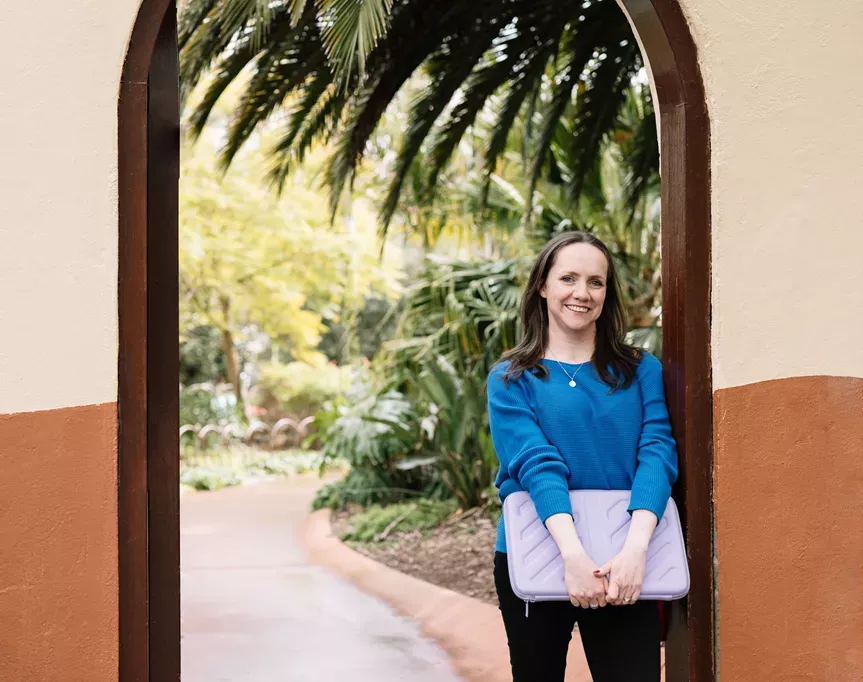

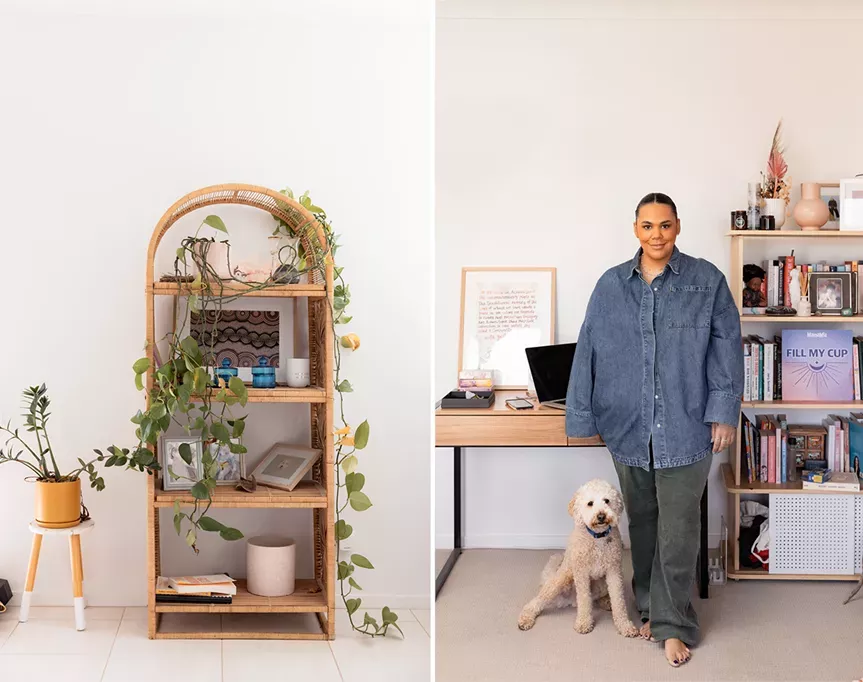
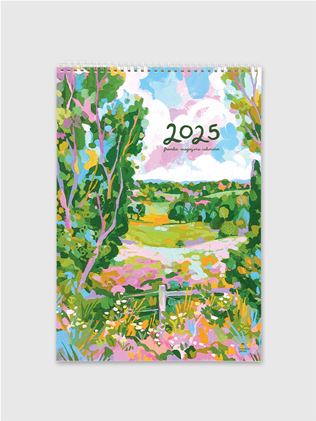
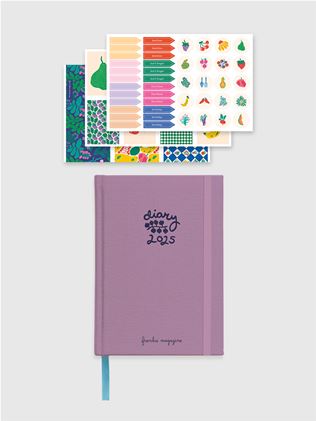
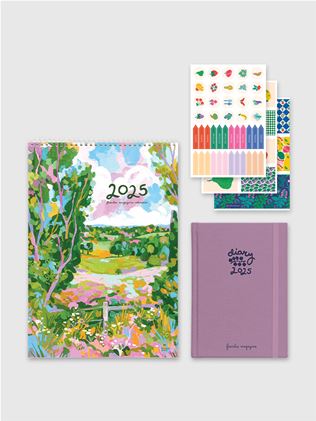
.jpg&q=80&w=316&c=1&s=1)


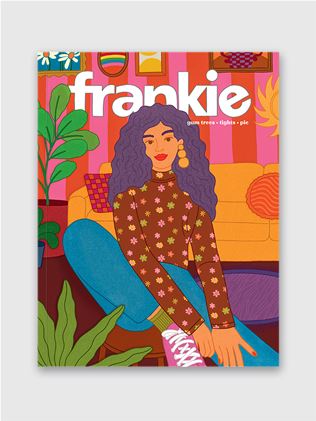



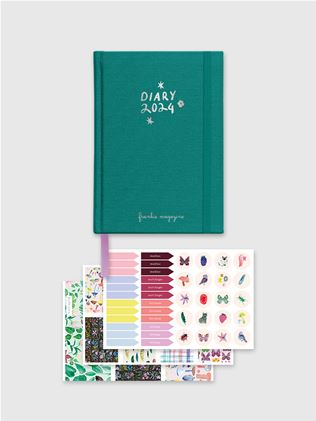










.jpg&q=80&w=316&c=1&s=1)










